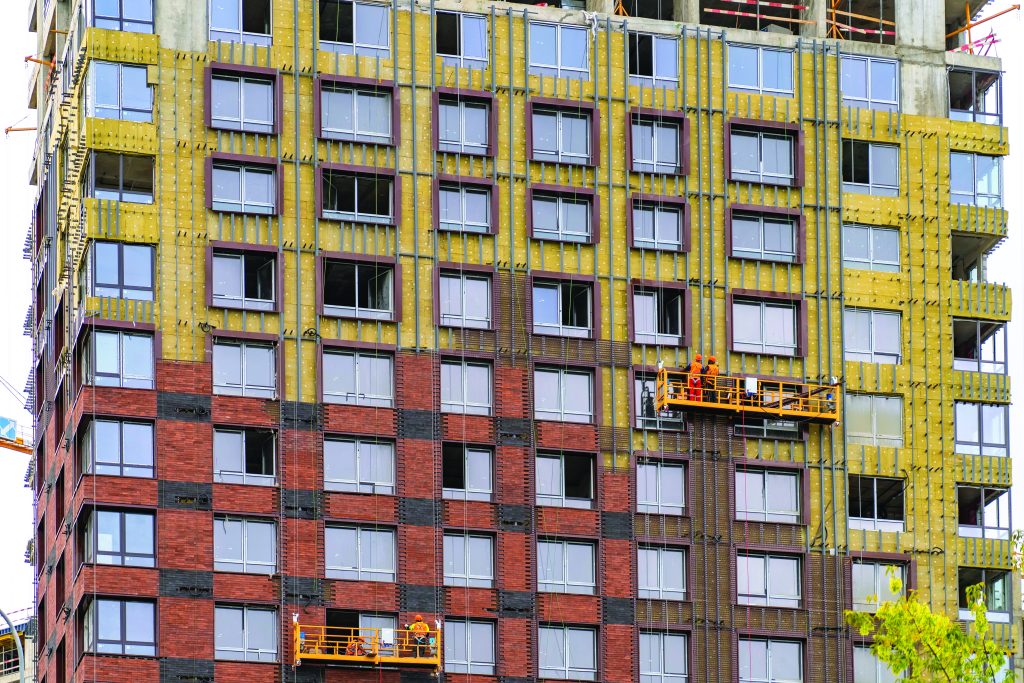In these days of housing shortages, and more stringent tenant assessments, it is perhaps more tempting than ever for tenants to use false statements to secure a tenancy.
The rental market continues to be incredibly competitive, with the current demand for rented properties having risen to 50% above the 5-year average and with some landlords leaving the private rented sector. Homes are being snapped up within days, people are bidding on monthly rent prices, and in many cities it’s becoming more and more difficult to secure a home.
Recent research conducted by comparison website ComparetheMarket.com reveals that more than a quarter of renters (26%) are resorting to being dishonest on their application forms in order to secure a property. But of course, this can have serious repercussions for both them and their potential landlord.
Ground for possession
What is probably not widely known is that one of the grounds for possession (Ground 17, Schedule 2, Housing Act 1988 – grounds for possession) against an assured or a secure tenant is if the landlord was induced to grant a tenancy by a false statement made by the tenant or by someone acting at the tenant’s instigation, and that false statement was made knowingly or recklessly.
Just how common is rental application form dishonesty?
With this in mind, the ComparetheMarket.com study delved deeper into what exactly renters are most likely to be untruthful about, and their experts have provided advice for landlords on how to spot dishonest tenants.
How many people are dishonest on a rental application form?
The research reveals that over a quarter of renters (26%) admit to lying about something on a home rental application, and 39% would consider forgoing the truth to secure their future home.
Younger generations have been revealed as the most likely to bend the truth, with 43% of 16 to 34 year olds admitting to having previously lied on a home rental application form. Renters aged over 55 are the least likely to be dishonest, with just 10% having done so.
The amount of people who have lied on a rental application also differs from city to city. For example, over a third (37%) of Newcastle’s residents have done so, closely followed by 36% of Norwich renters, and 35% of renters in Manchester. The most honest renters are found in Plymouth, where only 5% of residents have lied in order to secure a rental property.

Table 1 – percentage of people who have been dishonest
Over two-thirds (69%) of those that have previously lied on an application are aware of the implications of doing so.
Although there are many consequences which can depend on your living circumstances and the relationship with the estate agent and landlord, the most common consequence is the application being outright rejected. However, if you’re already living in the flat, there are those grounds outlined above for fines and potential eviction due to breaches of your tenancy agreement, which is not an ideal situation for anyone involved in.
What are the most common lies told on a rental application form?
The most common topic to be dishonest about when filling out a rental application is about smoking status, with almost one in 12 renters having withheld the truth about being a smoker.
For landlords, this can be quite a big issue as the build-up of nicotine and chemicals can cause significant damage to paint, furniture, and surfaces, potentially devaluing the property over time, and lowering the appeal to other future tenants.
Introducing pets without permission
Many landlords would prefer to not have animals in their property as landlord insurance doesn’t cover against damage by animals. So, it’s perhaps it’s not surprising that over 1 in 10 renters (11%) would consider lying about a pet on a future rental application. As a renter, you’re best off finding a place that is open to pets, to avoid any unnecessary issues with your landlord, or the potential for fines or eviction if they discover an unapproved animal in your home.
Income and/or job status
It’s also not uncommon to lie about income when trying to secure a rental property. 6% of people admit to having lied about their wage when applying for a rental property, and 10% admit they would consider doing so in the future.
Job status is also a common thing that applicants are dishonest about, with 5% of people admitting to stretching the truth when it comes to putting down the nature of their employment on a rental form.
As a landlord, if you’re worried about whether you’ll be hit with any serious financial implications should your tenants fail to pay their rent, there are ways in which you can protect yourself, such as taking out rent guarantee insurance.

Table 2 – Rental application form topic % that have lied about this topic % who would consider lying about this topic
What are the repercussions of lying on a rental form?
Surprisingly, almost one-third of renters (31%) are unaware of the implications that lying on a rental application form could have. While these do differ depending on the situation, the likelihood is that if you’re caught lying, your application will be rejected. If your application is discovered fraudulent after you have moved into the property, there may also be grounds for eviction.
How can landlords protect themselves against dishonest applications?
For landlords, there are a few ways in which you can try to avoid accepting dishonest tenants. Completing a thorough reference check is really important, especially one that looks at employment history, credit checks, and previous landlords as this helps build a better picture of your potential new tenants.
Even the best tenants can be unpredictable at times, so you should also ensure you have insurance should anything go wrong. Landlord insurance can offer landlords more protection than standard home insurance, covering you for things such as accidental damage by tenants, void periods between tenants and rent arrears. There are different types of landlord insurance policies available, so ensure you opt for right level of cover to suit your needs.
Sources and methodology
All data taken from a ComparetheMarket.com survey of 1,075 people who currently rent or have previously rented a home. The survey was conducted in May 2023.
Source: Compare the Market








